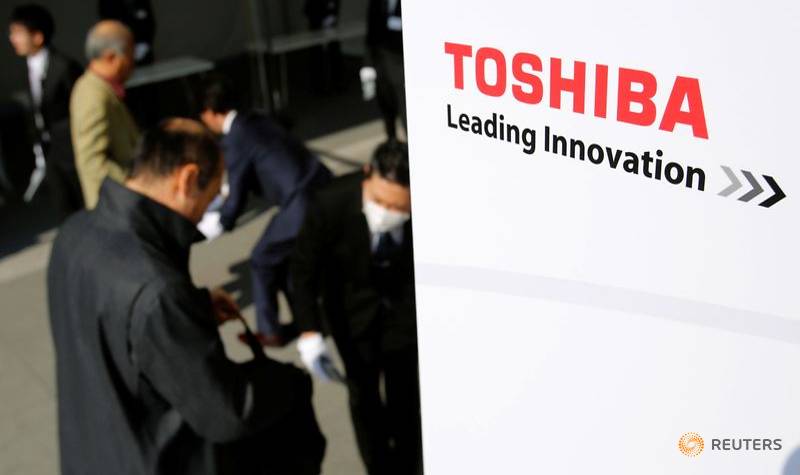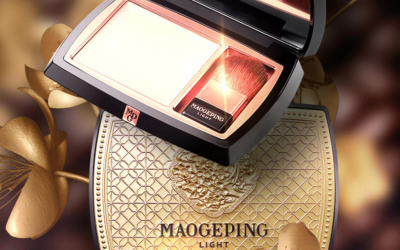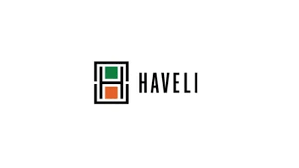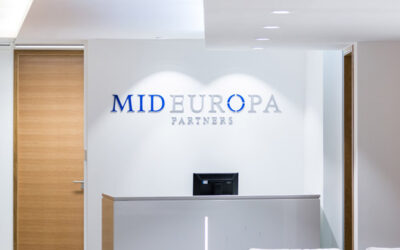The debut of Toshiba’s chip unit may short-circuit in volatile markets. Two years after the Japanese conglomerate’s crown jewel was sold to a group led by U.S. buyout firm Bain Capital, the rebranded Kioxia will go public in Tokyo at a valuation of $20 billion.
Financial desperation forced the scandal-hit Toshiba to offload its prized flash-memory division in 2018. The sale was chaotic, but Bain managed to pull together a consortium including Apple and South Korea’s SK Hynix in a deal worth some $19 billion. Political backlash against foreign control of local technology meant Toshiba was able to retain a roughly 40% voting right.
Kioxia’s blockbuster listing next month could mark a turning point for Toshiba, which today is in better shape financially. Based on the indicative price, the company, which specialises in so-called NAND chips widely used in iPhones and other devices, will issue just over $800 million worth of new shares. The Bain consortium, alongside another Japanese backer and Toshiba itself, will sell a further $2.5 billion worth of stock. Including an overallotment, the offering could total $3.6 billion, making it Japan’s largest this year.
Toshiba, which will have a 32% stake after, and Bain will be glad for a chance to partially exit. The private-equity giant had delayed the listing by a year. Now the benchmark Topix index is up by a third from a pandemic-induced low in March. Moreover, demand for memory chips in new smartphones, and video-games consoles sold by Microsoft and Sony later this year should also be a boon.
Still, near-term profits are notoriously volatile in the sector. Kioxia reported a net loss of $1.6 billion in the year to March, and is already back in the black in the June quarter. Using average earnings over the course of a longer semiconductor cycle may be more indicative. Analyst Mark Newman at Bernstein forecasts average operating profit at Kioxia between 2015 and 2022 will be $2.4 billion. That implies it will debut at an enterprise value over 13 times operating profit for that period. Bernstein reckons rivals like Samsung Electronics and Micron trade at 9.5 times on average over the same cycle. With global markets looking choppy, aiming for a premium multiple could backfire.
Source: Reuters
Can’t stop reading? Read more
L Catterton partners Mao Geping to drive overseas expansion of Chinese beauty brand
L Catterton partners Mao Geping to drive overseas expansion of Chinese beauty brand L Catterton...
Haveli strikes $1bn deal for AI-powered contract software firm Sirion
Haveli strikes $1bn deal for AI-powered contract software firm Sirion Haveli Investments has...
MidEuropa acquires majority stake in Romanian IT integrator RBC
MidEuropa acquires majority stake in Romanian IT integrator RBC MidEuropa has agreed to acquire a...




